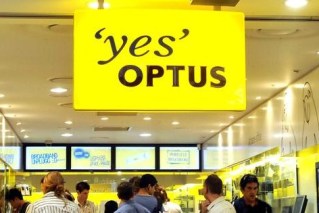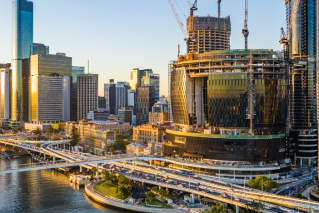Up in smoke: Call to cut fuel tax credits to help budget bottom line
Australia’s regime of fuel tax breaks should be dramatically wound back to help cut carbon emissions and reduce pressure on the federal budget, according to prominent think tank the Grattan Institute.


In a report labelling the various fuel tax credits relied on by such sectors as freight, mining and agriculture as neither justified in economic or social terms, the institute says the regime should be cut in half.
The report said fuel tax credits were “gnawing away” an ever-growing share of fuel tax revenue. Whereas such credits reduced revenue by 30 per cent a decade ago, the tax break was now costing 40 per cent of revenue.
The structure of the credits made little sense it that it rewarded larger vehicles such as semi-trailers, B-doubles and passenger buses with more generous tax breaks that smaller vehicles used for business like utes, the report said.
Winding back the credits could reduce the structural budget deficit by about 10 per cent, or $4 billion a year,” it said.
“It would also help Australia hit its target of net-zero emissions by 2050, because burning diesel contributes about 17 per cent of Australia’s total carbon emissions.”
Fuel tax credits are a touchy political issue, with attempts at reform of the various schemes stretching back to the Howard government. Past policy decisions, like extending the scope of existing credits to all off-road and heavy on-road vehicles, have increased the cost.
However, pressure for reform has mounted as governments consider ways to reduce emissions and businesses realise the need to maintain their social license to operate. The five industry sectors that receive the most fuel tax credits – mining, transport, agriculture, construction and manufacturing – were responsible for more than half Australia’s carbon emissions, the report said.
The Grattan Institute report says its proposed reforms would have little impact on consumers, with a typical $100 grocery shop rising just 35 cents as a result.
The report estimates that the cost of the credits to the community in carbon emissions, air pollution damage and road construction and maintenance amounted to 60 cents for every litre of diesel burned.












